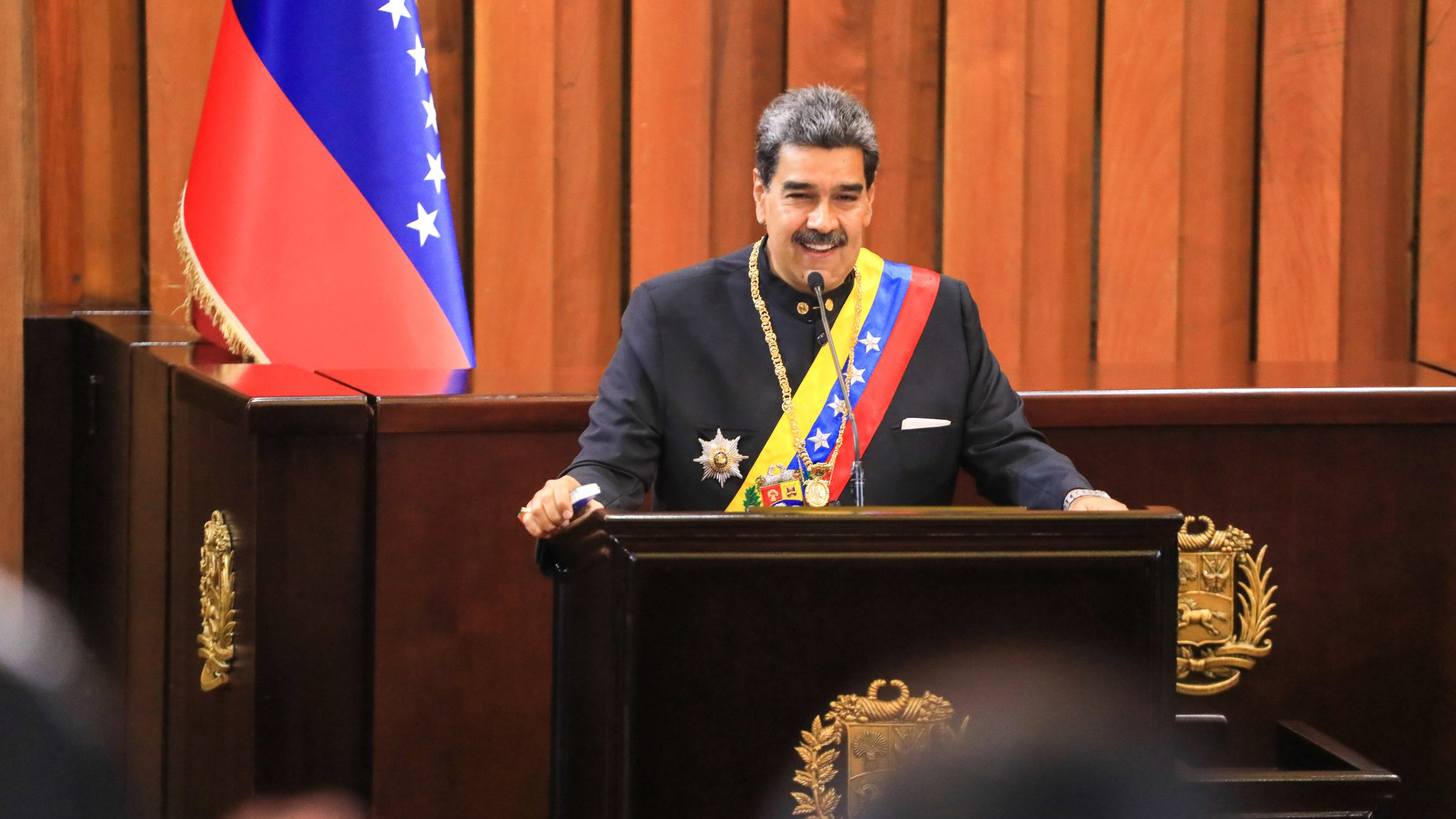On January 29, the US Treasury Department announced the resumption of previously suspended sanctions against Venezuela. According to a statement issued by the agency, the first company affected was the mining company Minerven. Any US company has until February 13 to cease doing business with the Venezuelan state-owned company.
The measure was announced three days after the Supreme Court of Justice (TSJ) confirmed the disqualification of opposition leader María Corina Machado for 15 years. As a result, she will not be able to run in the 2024 elections.
Over the weekend, the United States had already threatened to resume certain sanctions because of the decisions of the Venezuelan courts. In a post on the social network X, US State Department spokesman Matthew Miller had said on January 27 that the country had begun to review the sanctions against Venezuela after the TSJ’s announcement.
The decision by Venezuela's Supreme Tribunal of Justice to uphold disqualifications of @MariaCorinaYA and @hcapriles undermines a competitive presidential election. Based on this action and targeting of opposition and civil society, the U.S. is reviewing our sanctions policy.
— Matthew Miller (@StateDeptSpox) January 27, 2024
Also according to the US government, the tax breaks for Venezuela’s oil and gas sector will only be renewed in April if the Venezuelan government complies with the US’s agreements.
The Venezuelan Ministry of Foreign Affairs published a statement calling the US decision an “attempt at blackmail and meddling in internal affairs” and that it seeks to impose “coupism” in Venezuela.
Vice President Delcy Rodríguez said that if the sanctions are reinstated as of February 13, Venezuela will no longer receive deportation flights from the US.
Sanctions relief
The easing of US sanctions on the oil, gas and gold sectors was announced by Washington as a response to the Barbados agreement signed between the Venezuelan government and opposition, which defined the period for holding the Venezuelan presidential elections and established other rules on the ballot.
On a temporary basis, the relief measures also involve trading in national bonds on the stock market and permits for the Venezuelan state airline Conviasa, which has been cleared to fly to the US on migrant repatriation missions.
The White House began negotiating the lifting of sanctions with Caracas after facing problems with fuel demand, but demanded an electoral timetable for the lifting of sanctions.
The licenses issued by the US could be unilaterally revoked by the Treasury Department, which in fact happened this week. According to the Office of Foreign Assets Control (OFAC), all of the more than 900 sanctions against the South American country remain in force.
Venezuela rejects US ultimatum and proposes dialog to set election date
The Venezuelan National Assembly called on January 30 for “a large dialogue table” to discuss the electoral timetable for 2024. In a statement, the Venezuelan legislature also repudiated “any US ultimatum against territorial sovereignty.” The document was released following the resumption of sanctions against the South American country, starting with the state-owned mining company Minerven.
The text, however, does not detail who will take part in this dialogue table and reinforces compliance with the Barbados agreement, which establishes the definition of an electoral calendar and technical definitions for the elections to be held in the second half of the year. The US government also threatened not to extend the relief for the oil and gas sectors in April if the agreement was not followed by the Venezuelan government.
Venezuelan President Nicolás Maduro praised the document released by the National Assembly, declaring his support “with all [his] strength the call for broad and inclusive dialogue.”
The Ministry of Foreign Affairs had already published a note calling the US decision an “attempt at blackmail and meddling in internal affairs.” Vice President Delcy Rodríguez said that if the sanctions are reinstated as of February 13, Venezuela will no longer receive deportation flights from the US.
During the legislative session on January 30, the president of the National Assembly, Jorge Rodríguez, also called on Venezuelans to attend the meeting of the National Electoral Council next Monday, February 5, to propose a date for the elections.
This article was adapted from two articles originally published in Portuguese on Brasil de Fato.





